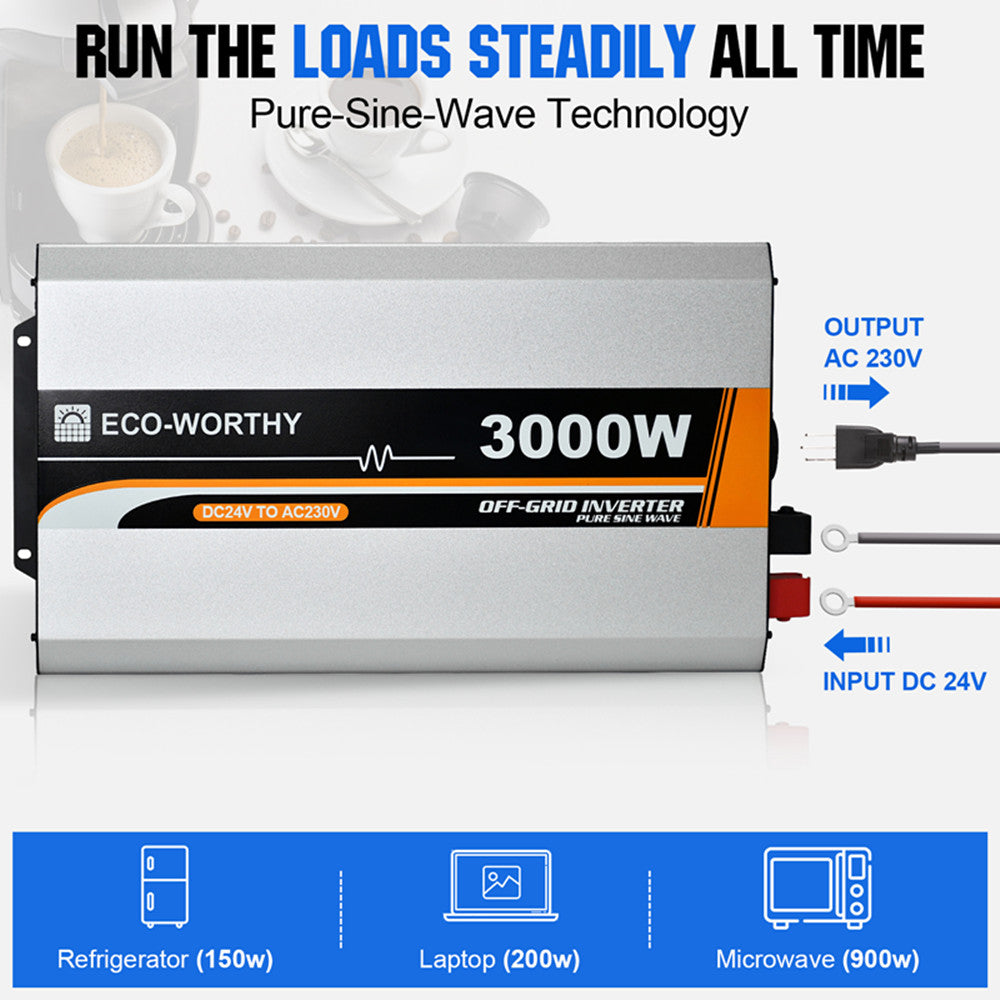Blog Information
- Posted By : Hyatt Bennett
- Posted On : Nov 30, 2024
- Views : 49
- Category : General
- Description : The Essential Guide to Choosing the Right Solar Inverter for Your Home
Overview
- The Essential Guide to Choosing the Right Solar Inverter for Your Home
As the world increasingly turns to renewable energy, understanding the role of a solar inverter becomes essential for homeowners. A solar inverter is a critical component of any solar power system, converting the direct current (DC) generated by solar panels into alternating current (AC), which is used to power household appliances. This article aims to provide a detailed overview of solar inverters, helping you make an informed decision for your home.

Types of Solar Inverters
When selecting a solar inverter, it is crucial to understand the different types available:
- String Inverters: These are the most common type, connecting multiple solar panels in a series. They are cost-effective but can be less efficient if panels are shaded.
- Microinverters: Installed on each solar panel, microinverters optimise the output of each panel individually, making them ideal for installations with shading issues.
- Power Optimisers: Similar to microinverters, power optimisers are attached to each panel but work in conjunction with a string inverter, enhancing overall system performance.
- Hybrid Inverters: These inverters can manage both solar energy and battery storage, allowing for greater flexibility and energy independence.
Key Features to Consider
When choosing a solar inverter, several features should be taken into account:
- Efficiency: Look for inverters with high efficiency ratings, as this will directly impact the amount of usable energy generated.
- Warranty: A longer warranty period often indicates a more reliable product. Most reputable manufacturers offer warranties ranging from 5 to 12 years.
- Monitoring Capabilities: Many modern inverters come with monitoring systems that allow you to track energy production and consumption in real-time.
- Grid Compatibility: Ensure that the inverter is compatible with your local grid requirements, especially if you plan to sell excess energy back to the grid.
Installation Considerations
Installing a solar inverter requires careful planning. It is advisable to consult with a professional installer to ensure that the inverter is correctly sized and positioned. Factors such as the orientation of your solar panels and local climate conditions can significantly influence the performance of your solar inverter.
For those looking for a reliable option, consider the
. This inverter is designed for off-grid applications and provides a pure sine wave output, ensuring compatibility with sensitive electronics.
Conclusion
Choosing the right solar inverter is a crucial step in maximising the efficiency and performance of your solar energy system. By understanding the different types of inverters, their features, and installation considerations, you can make an informed decision that aligns with your energy needs. Embrace the transition to renewable energy and enjoy the benefits of a well-chosen solar inverter.
